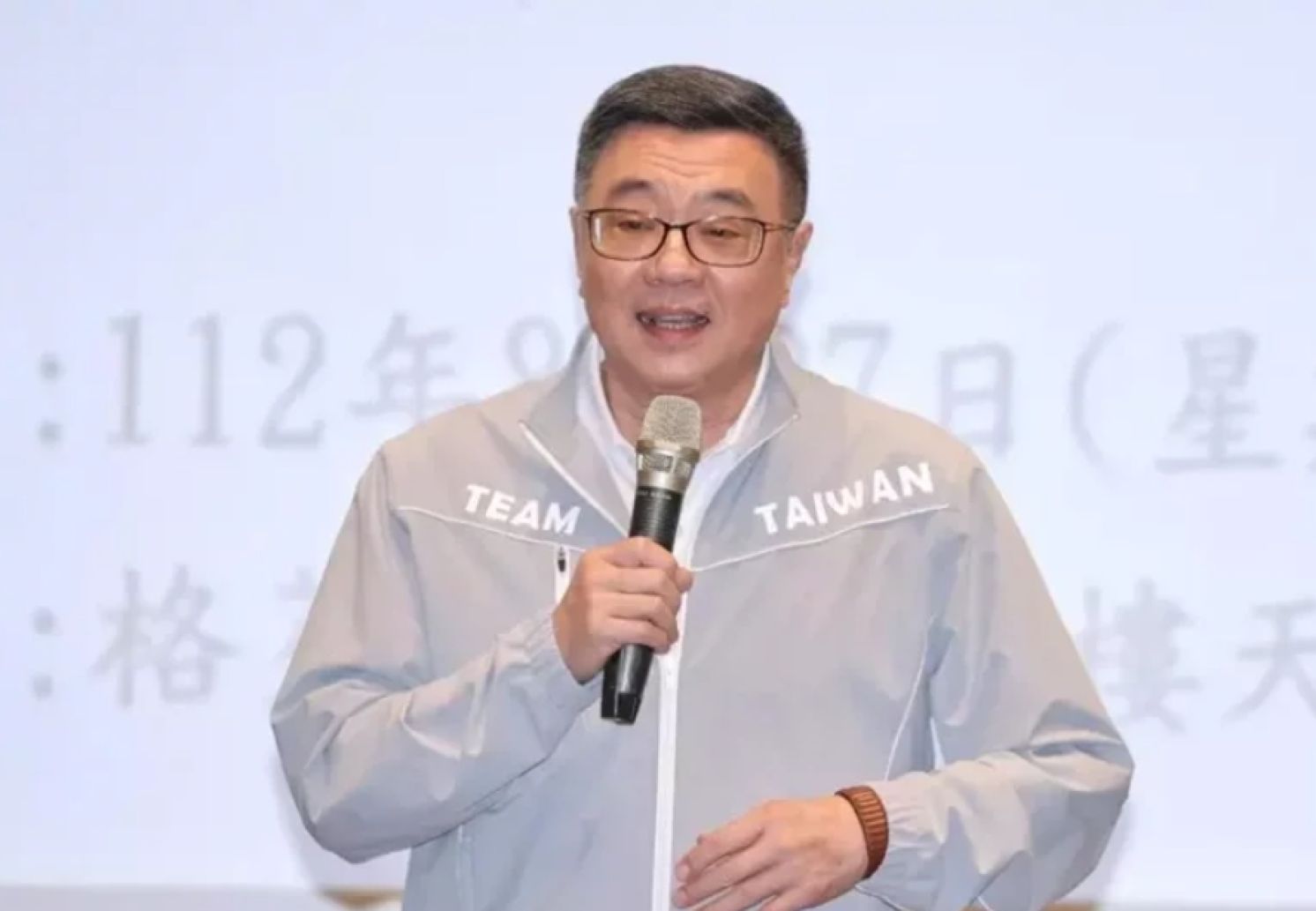
Recruiting from Small Circle, Lai Cabinet Formation Begins with Conservative Approach
United Daily News Editorial, April 10, 2024
After three months of incubation, the political appointments of President-elect William Lai have been tentatively decided. Former Democratic Progressive Party (DPP) chairman Cho Jung-tai and former Minister of Culture Cheng Li-chun will respectively serve as premier and vice premier. Kung Ming-hsin, the incumbent Minister of the National Development Council, will take on the job of secretary-general of the Executive Yuan, while Pan Meng-an, a key contributor to Lai's election campaign, will serve as secretary-general of the Office of the President. As for the appointment of the new national security team, it will still comprise members from President Ing-wen’s administration, including Joseph Wu, Wellington Koo, and Tsai Ming-yen. This initial lineup clearly delineates Lai's inclination toward favoring his inner circle, lacking the comprehensive innovation and ambition expected from a new administration.
The key figures in the aforementioned government structure all belong to the "Lai family team," indicating a strong presence of "clique." Cho was secretary-general of the Executive Yuan when Lai served as Premier and leaned on Lai in the "Tsai-Lai competition" for the DDP primary five years ago when serving as the party chairman. Therefore, Lai feels grateful to Cho, and the two have enjoyed a deep affinity and rapport. Besides, Cho Jung-tai's seniority surpasses DPP figures such as Lin Chia-lung and Cheng Wen-tsan of the student movement generation, so he is unlikely to face significant challenges within the party. Furthermore, Cho tends to be worldly-wise, which certainly facilitates communication and dialogue with the opposition parties. However, his past roles in the government and party have mostly been limited to aides and staff positions. Whether he can fulfill the responsibilities of the premier, which require leadership qualities, remains to be seen.
Four years ago, Cheng Li-chun resigned as Minister of Culture citing family reasons, which hinted at some friction between her and the Tsai administration. Subsequently, through the leadership of the "Foundation for Future Generations, Taiwan," she maintained her influence by deeply engaging with academia and civil society. Two years ago, when Lai ran for the DPP chairmanship, Cheng represented him at the central party headquarters for registration. Last year, when Lai ran for president, Cheng served as the convener of Lai’s think tank, the “National Policy Blueprint," gathering two hundred experts and scholars to outline the “National Project of Hope,” as Lai’s campaign kickstart. Particularly, Cheng Li-chun's pronounced political stance may align well with Lai's own inclinations as a pragmatic political worker of Taiwan independence.
The Cho-Cheng combination for the Executive Yuan Leadership is undoubtedly a team that Lai trusts completely; however, the strength of the "Cho-Cheng pair" lies in politics, rather than in administrative decision-making expertise. Hence, Kung Ming-hsin's appointment as secretary-general of the Executive Yuan is intended to enhance the precision of financial and economic decision-making capabilities. However, the transfer of Kung from a minister to the chief of staff level highlights the imbalance of administrative structure, which may diminish the importance of financial and economic decision-making.
Appointing his close confidants to occupy key positions not only reflects Lai's lack of confidence but also exposes his shortcomings in creativity. As a president who only secured forty percent of the ballots, people originally embraced a high expectation for him to transcend partisan boundaries, adopt a more open-minded approach, and recruit talents from all sectors of society to serve the country together. However, the current personnel arrangements are clearly far from people’s anticipation.
It was rumored that Lai initially intended to appoint the founder and chairman of Pegatron Group Tung Tzu-hsien as Premier, but Tung backed out due to family objections, which is regrettable. Over the last eight years of the DPP’s reign, domestic politics have been driven to a state of KMT-DPP polarization and mutual exclusion, making political participation seem daunting for capable individuals. Over the next four years, we hope that Lai’s administration could achieve the merit of a great democratic alliance, a political environment of harmony between the ruling and opposition parties.
Lai’s incoming administration has largely retained personnel from the Tsai administration in the national security sector, with only minor rotations. This demonstrates that Lai must adhere closely to President Tsai’s course, failing to convince people with an impression of innovation. For instance, Minister of Foreign Affairs Joseph Wu, known for his confrontational rhetoric and losing numerous diplomatic allies in his tenure, will be returning to his old post as secretary-general of the National Security Council. Similarly, the appointment of Wellington Koo as the Minister of National Defense at the moment of low morale in the military, despite being labelled as a "civilian minister," leaves many questioning whether he can truly stabilize morale in the military and gain the confidence of the people.
Overall, the "Cho-Cheng pair" and national security personnel appointments in Lai's administration represent the most conservative approach, primarily seeking talents within his inner circle. It's difficult to discern any strong intention for reform, not to mention visionary initiatives. Even with such a cautious deployment, several key figures who were favored by President Tsai have been excluded or marginalized. it is hard to predict whether this could potentially trigger another wave of internal power struggles within the party. While "Tsai stepping down, Lai taking over" doesn't entail a shift in ruling parties, personnel arrangements can still lead to unexpected tensions.